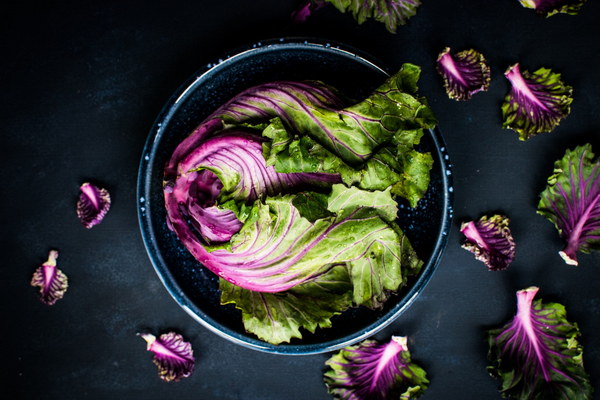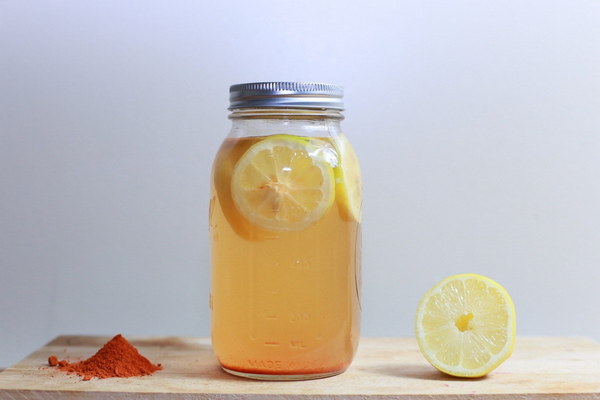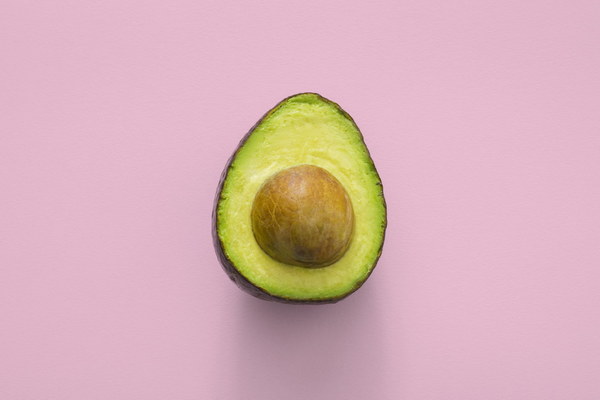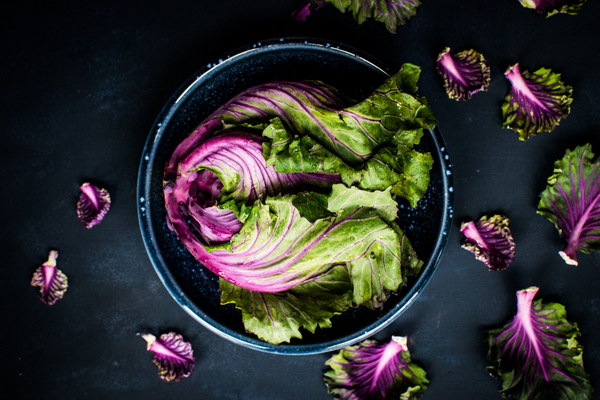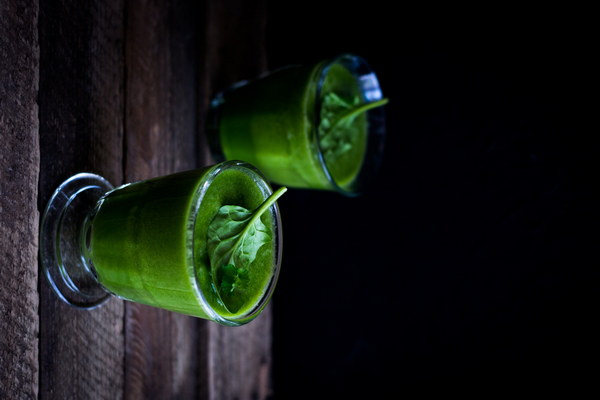Eyesight Preservation Nutritional Strategies for Macular Degeneration
Macular degeneration is a common eye condition that affects millions of people worldwide, particularly those over the age of 50. This condition can lead to vision loss or distortion, making everyday activities such as reading, driving, and recognizing faces difficult. While there is no definitive cure for macular degeneration, certain nutritional strategies can help slow down its progression and maintain your eyesight. In this article, we will discuss some of the most beneficial foods and nutrients that can help in the fight against macular degeneration.
1. Antioxidants
Antioxidants are essential for protecting your eyes from oxidative stress, which can damage the macula. Some of the best sources of antioxidants include:
- Fruits: Berries (blueberries, strawberries, raspberries), blackberries, and cherries are rich in antioxidants such as vitamin C, vitamin E, and flavonoids.
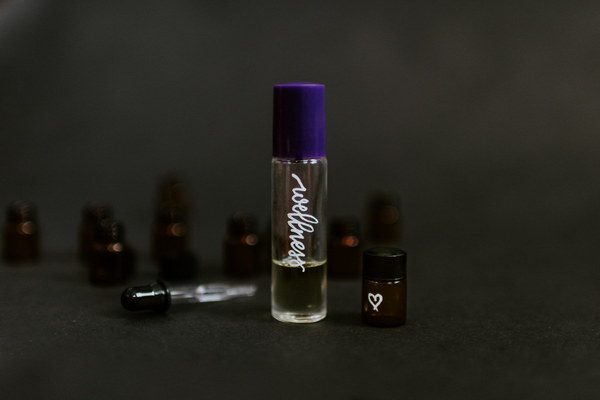
- Vegetables: Dark leafy greens like spinach, kale, and collard greens are high in lutein, zeaxanthin, and vitamin E, all of which are crucial for macular health.
- Nuts and seeds: Almonds, walnuts, sunflower seeds, and flaxseeds contain healthy fats, vitamin E, and antioxidants that can help protect the macula.
2. Omega-3 Fatty Acids
Omega-3 fatty acids, particularly docosahexaenoic acid (DHA) and eicosapentaenoic acid (EPA), have been shown to reduce the risk of age-related macular degeneration. The best sources of omega-3 fatty acids include:
- Fish: Salmon, mackerel, sardines, and trout are excellent sources of omega-3 fatty acids.
- Plant-based sources: Flaxseeds, chia seeds, and walnuts also contain omega-3 fatty acids.
3. Vitamin C
Vitamin C is an essential nutrient that helps protect the eyes from oxidative stress. Some of the best food sources of vitamin C include:
- Citrus fruits: Oranges, grapefruits, lemons, and limes are high in vitamin C.
- Berries: Strawberries, raspberries, blueberries, and blackberries are also rich in vitamin C.
- Vegetables: Broccoli, bell peppers, and spinach contain vitamin C.
4. Vitamin E
Vitamin E is another crucial nutrient for maintaining healthy eyes. It helps protect the macula from oxidative damage. Some of the best food sources of vitamin E include:
- Nuts: Almonds, walnuts, and peanuts are excellent sources of vitamin E.
- Seeds: Sunflower seeds, flaxseeds, and pumpkin seeds contain vitamin E.
- Vegetable oils: Olive oil, canola oil, and soybean oil are rich in vitamin E.
5. Zinc
Zinc plays a vital role in maintaining the health of the retina and macula. It also helps the body absorb certain antioxidants, such as lutein and zeaxanthin. Some of the best food sources of zinc include:
- Meats: Beef, chicken, and turkey are high in zinc.
- Shellfish: Oysters, crab, and lobster contain zinc.
- Legumes: Chickpeas, lentils, and beans are good sources of zinc.
In conclusion, incorporating these foods and nutrients into your diet can help reduce the risk of macular degeneration and slow down its progression. It's important to note that these strategies should not replace medical treatment but rather complement it. Consult with your healthcare provider for personalized advice on managing macular degeneration through nutrition. Remember, a balanced diet, regular exercise, and regular eye exams are key to maintaining your eye health.

